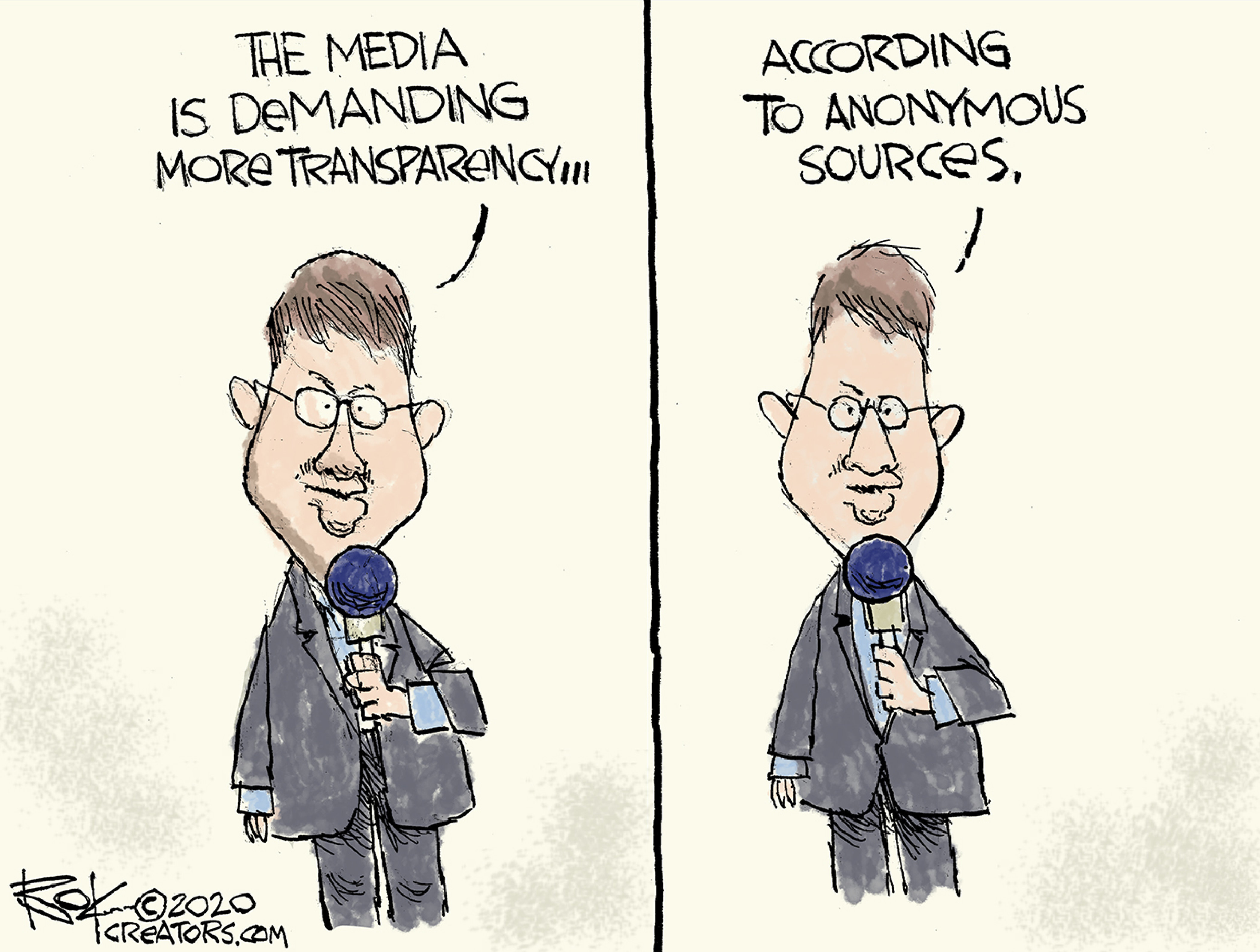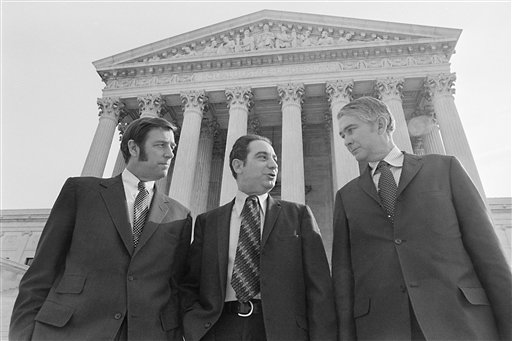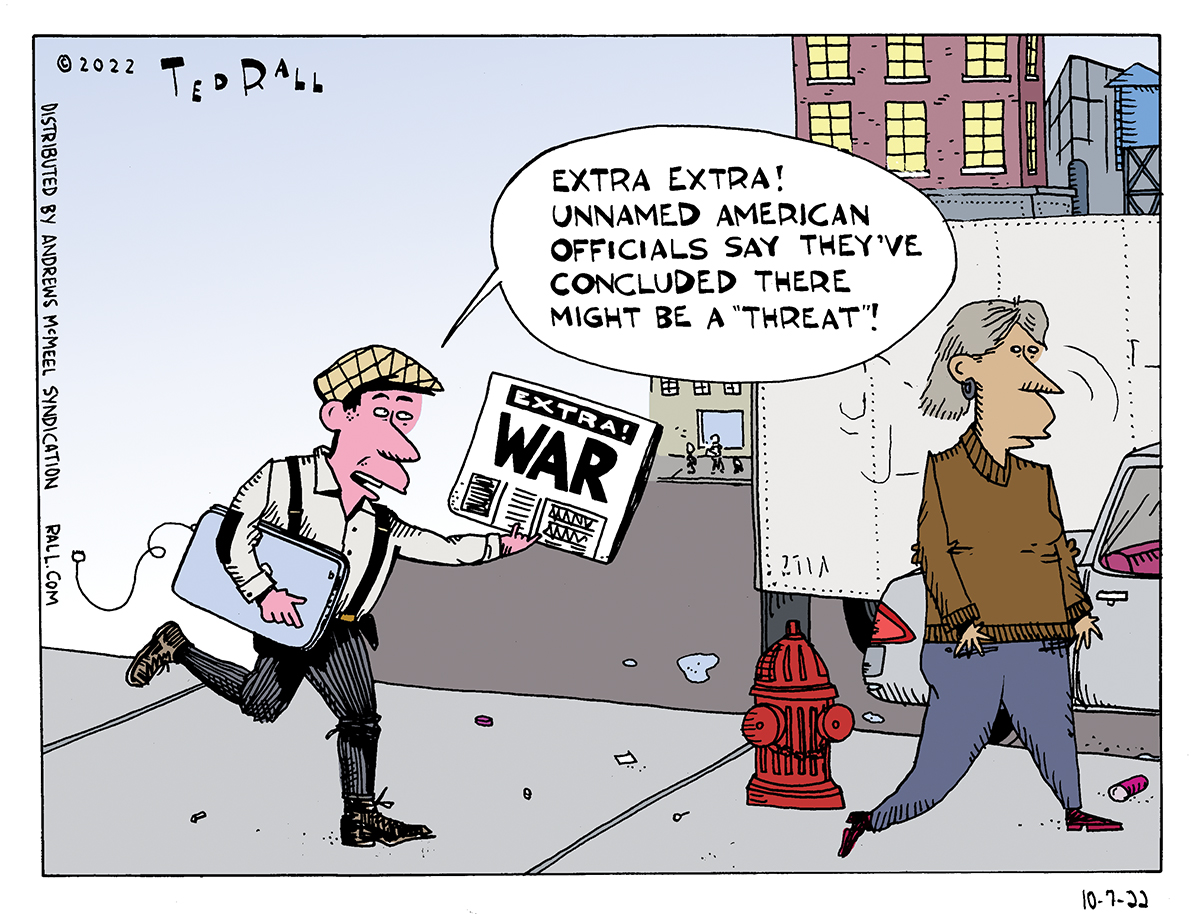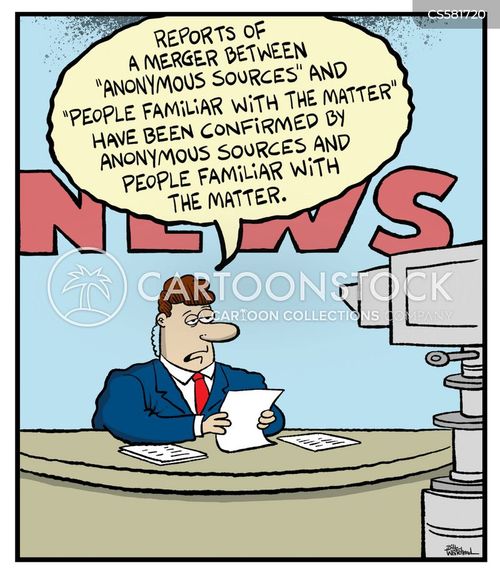5. Reporter's Privilege
Reporter's Privilege

 Reporter's privilege refers to the right of journalists to refuse to disclose the identity of their sources or any information that was provided to them in confidence. This privilege is based on the First Amendment's guarantee of freedom of the press and is recognized by both federal and state laws. The purpose of reporter privilege is to ensure that journalists can gather and report on important news stories without fear of legal action. Historically, reporter's privilege has been recognized by the courts as far back as 1972 in the case of Branzburg v. Hayes (OYEZ).
Reporter's privilege refers to the right of journalists to refuse to disclose the identity of their sources or any information that was provided to them in confidence. This privilege is based on the First Amendment's guarantee of freedom of the press and is recognized by both federal and state laws. The purpose of reporter privilege is to ensure that journalists can gather and report on important news stories without fear of legal action. Historically, reporter's privilege has been recognized by the courts as far back as 1972 in the case of Branzburg v. Hayes (OYEZ).
The Supreme Court held that journalists do not have an absolute privilege to refuse to disclose their sources, but that they may claim a qualified privilege in certain circumstances. Since then, state and federal courts have recognized and applied the privilege in various ways. Recent high-profile cases have highlighted the importance of reporter's privilege.

In 2013 (POLITICO), the Associated Press revealed that the Department of Justice had secretly obtained phone records for several of its reporters. This led to a public outcry and renewed calls for stronger protections for journalists. In response, several states passed shield laws that strengthened the legal protections for journalists and their confidential sources.

More recently, the case of Reality Winner (NBC NEWS) has brought the issue of reporter's privilege back into the spotlight. Winner, a former National Security Agency contractor, was charged with leaking classified information to the media. Prosecutors have sought to compel reporters from The Intercept to reveal their sources in the case, but have been met with resistance from the reporters and media organizations.

The case of Julian Assange (AP NEWS) also raises important questions about reporter's privilege (YOUTUBE). Assange, the founder of WikiLeaks, was indicted by the U.S. government for publishing classified documents. The case has been controversial because of the potential implications for press freedom and the ability of journalists to report on sensitive national security issues.

Despite the importance of reporter's privilege, it is not an absolute protection. Journalists may still be compelled to reveal their sources in certain circumstances, such as when the information is essential to a criminal investigation or when national security is at risk. Nonetheless, the principle of reporter's privilege remains an important protection for journalists and their sources.
Reporter privilege is a vital protection that allows journalists to gather and report on important news stories without fear of legal repercussions. It is based on the First Amendment's guarantee of freedom of the press and is recognized by both federal and state laws. Recent high-profile cases have highlighted the importance of reporter's privilege and the need for strong legal protections for journalists and their confidential sources. While the principle of reporter privilege is not absolute, it remains an essential aspect of press freedom and the ability of journalists to hold those in power accountable.
This was written with the help of AI.
Comments
Post a Comment